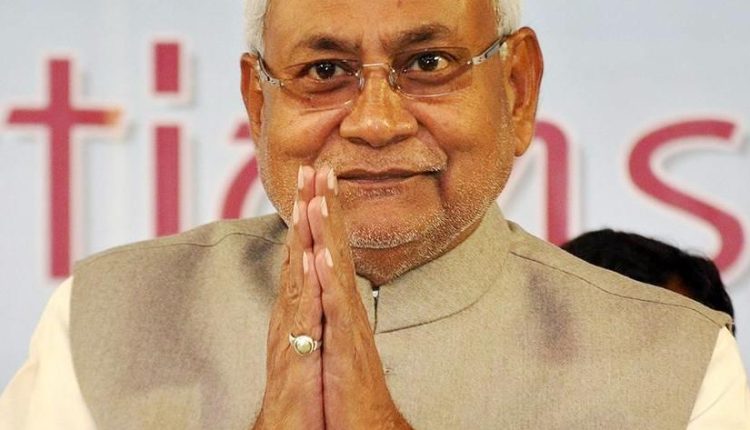New Delhi: The Nitish Kumar-led Bihar government has faced a setback as the Supreme Court declined to stay the Patna High Court’s order declaring the state’s 65 % caste-based reservation unconstitutional. The Supreme Court, however, has agreed to hear the appeal from the Bihar government, scheduling the matter for a hearing in September.
On June 20, the Patna High Court quashed the Bihar government’s decision to increase reservation in educational institutions and government jobs from 50 % to 65 %. The state government had implemented this change on November 9, 2023, following a caste census conducted the previous year. The new policy aimed to expand the quota for Other Backward Classes (OBCs), Extremely Backward Classes (EBCs), Dalits, and tribals based on the census findings.
Challenging the High Court’s ruling, the Bihar government petitioned the Supreme Court for an interim stay, arguing that the High Court’s decision could disrupt ongoing recruitment processes across the state, many of which are at advanced stages. The government contended that the High Court’s assertion of adequate representation for backward classes, based on the caste survey data, was inaccurate and violated the state’s principles.
Despite the lack of immediate relief, the Supreme Court has allowed the appeal to proceed. Advocate Manish Kumar has been appointed as the nodal advocate for the case. The upcoming hearing in September will be crucial for determining the future of the reservation policy in Bihar.
This legal battle underscores the contentious nature of caste-based reservations in India and highlights the challenges governments face in balancing affirmative action with constitutional mandates. The outcome of this case will have significant implications for Bihar’s social and political landscape, as well as for similar policies in other states.



Comments are closed.